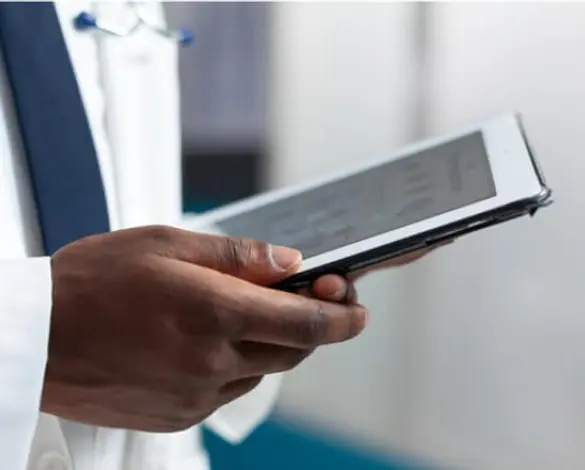Hi, Welcome to Medical Decision Makers.
Share your opinions and shape the development of pharmaceutical products, medical devices, government policies and more. Get rewarded to make a difference.
Explore the Community
Take Surveys
Get paid just for sharing your opinion. Really!
Enter Sweepstakes
Members get a chance to win big-ticket prizes!
Take a Quiz
Earn sweepstakes entries and test your knowledge.
Get Cash Back
Cash back on products you regularly purchase.
Product Reviews
Get in the know with these product reviews.
Offers and Discounts
Get great deals with these member-only offers!
Articles
We saw these and thought of you.
Scan Receipts
Upload receipts from purchases for instant rewards.

3 simple steps to earn your first $5.
Get Your FREE Account
Answer a couple of easy questions. This takes less than two minutes.
Take a SHORT 5-minute Survey.
This survey helps us match you with paid surveys and at-home product test opportunities. The more info you provide, the more we will match you with.
You've earned your first $5 REWARD
Since 2012, we’ve worked with over 200 companies and run more than 18,500 paid surveys. Examples of recent projects below:
30 min
$300
Survey: Eczema Clinical Trial
45 min
$225
Survey: Zoom Interview
75 Min
$350
Survey: Webcam Focus Group
Varies
$200
Survey: Migraine Clinical Trial
60 min
$300
Survey: Online Focus Group
15 min
$30.00
Survey: Physician Survey
11 min
$20.00
Survey: Oral Care Study
45 min
$250
Survey: Webcam Interview
Take a Quiz
Earn rewards and make your voice heard.
No quizzes available
Check back later to view new quizzes.
Offers and Discounts
Save money with exclusive offers and discounts.
Get Healthy U TV - $0.35 Premium Membership
Hundreds of workout videos, fitness classes & wellness content. Premium membership just $0.35—the lowest price ever.
View Details
P&G brandSAVER - Free Coupons
Unlock $100s in savings on 64 trusted brands like Tide, Dawn, and Pampers. Sign up free.
View Details
Hulu + Live TV - Free Trial
Stream 95+ live channels plus Hulu's full library of shows and movies. Try it free.
View Details
Sam's Club - 50% Off Membership
Join Sam's Club for just $25 and start saving on groceries, gas, and everyday essentials.
View Details
SiriusXM - 3 Months Free
Get 3 months of in-car satellite radio for FREE. No credit card required. See Offer Details.
View Details
Audible - Free 30-Day Trial
Free audiobook + thousands of audiobooks, podcasts & originals with 30-day Audible Premium Plus trial.
View Details
Acorns - $20 Bonus Investment
Limited time! Get $20 bonus from Acorns when you create an account and set up a $5+ recurring deposit.
View Details
What Medical Professionals like you are saying...
Read about their experiences below.
This is one of the best survey companies out there! They are honest and they pay quickly after you reach the amount to cash out!
Pam
Phoenix, AZ
I love it! I like being able to take surveys and get paid to test products! I don’t just like receiving the products I like being apart of the testing!
Kayla
Knoxville, TN
Easy way to make extra money, usually short surveys, consistency is key!
Karen
Sacramento, CA
Great survey site, that actually gives me my gift cards. Can accumulate rewards at different rates depending on which surveys you qualify for!
Katie
San Antonio, TX
Questions? Check out our FAQ.
Here are some of the most common questions that you have asked us.
Ready to Join?
Make a difference and get rewarded with Medical Decision Makers.